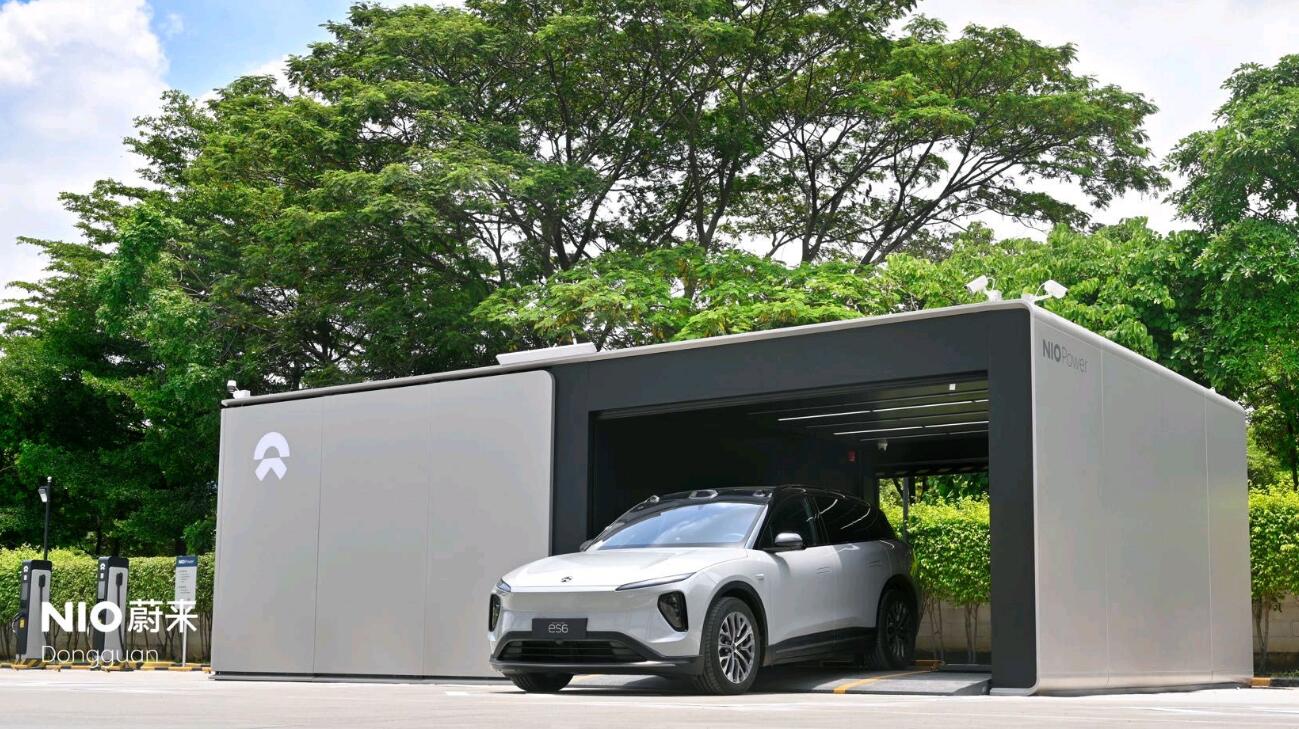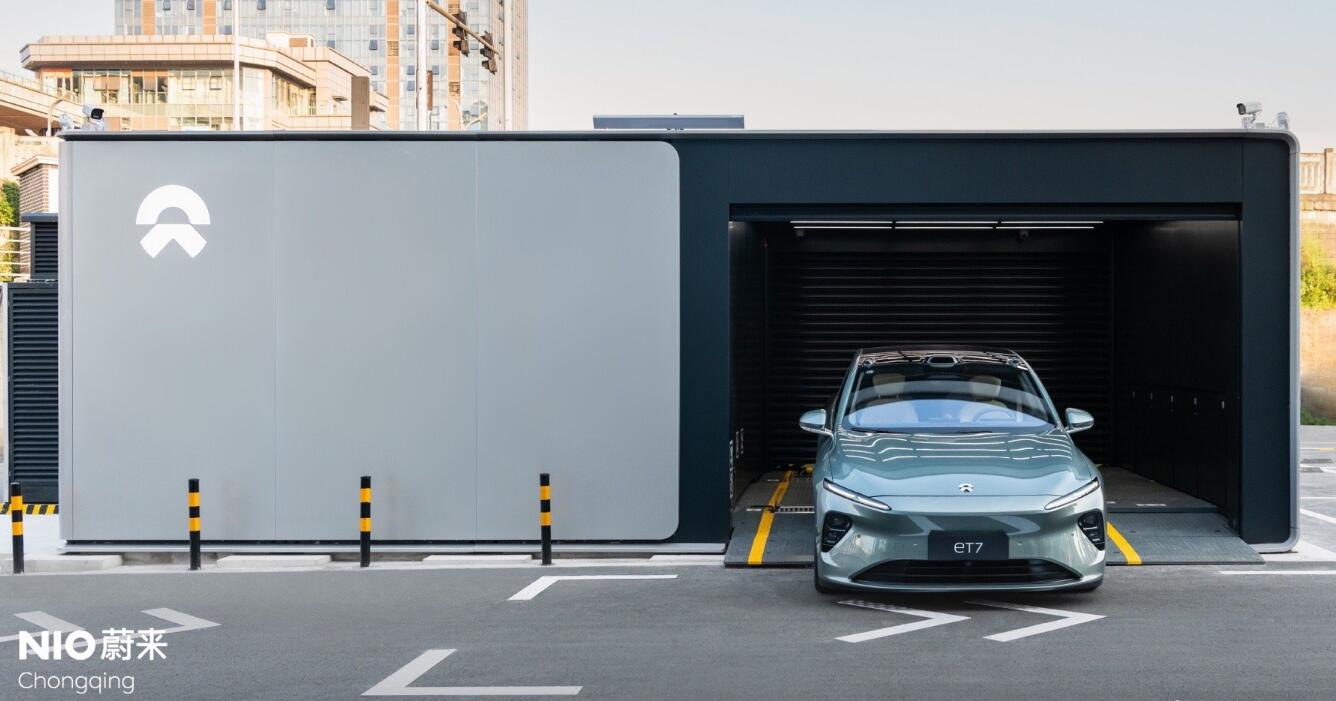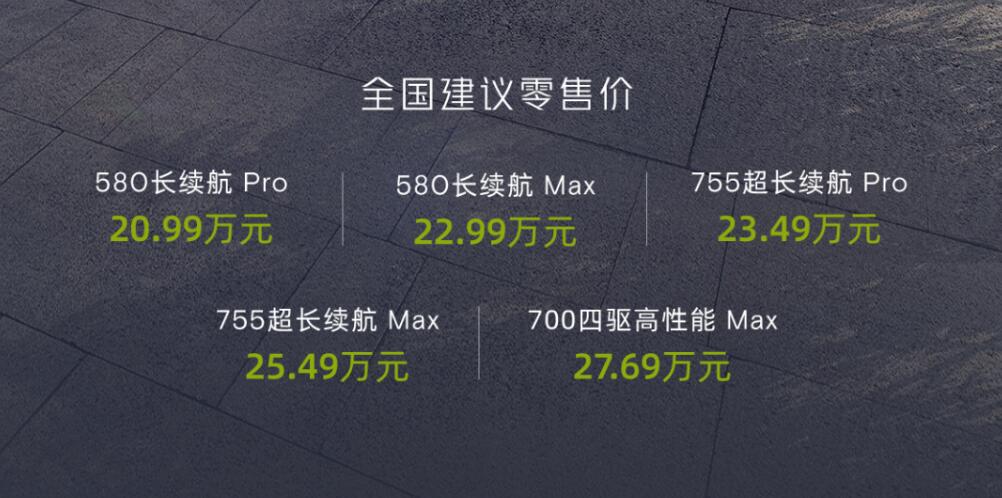For the third quarter, Li Auto targets monthly deliveries for Li L8 and Li L9 at over 10,000 each and aspire to achieve 15,000 Li L7 monthly deliveries.

Li Auto (NASDAQ: LI) delivered a record 32,575 vehicles in June, the first time it surpassed the 30,000 mark, according to data it released today.
That's up 150.12 percent from 13,024 vehicles in the same month last year and up 15.20 percent from 28,277 vehicles in May.
In the second quarter, Li Auto delivered 86,533 vehicles, up 201.65 percent year-on-year and up 64.56 percent from the first quarter.
Deliveries for the second quarter exceeded the upper end of the guidance range it previously provided of 76,000 to 81,000 units. The company previously provided second-quarter revenue guidance of between RMB 24.22 billion yuan ($3.34 billion) and 25.86 billion yuan.

In the first half of the year, Li Auto delivered 139,117 vehicles, up 130.31 percent year-on-year, surpassing last year's full-year deliveries of 133,246.
As of June 30, cumulative deliveries since Li Auto's inception stood at 396,451 vehicles, according to data monitored by CnEVPost.
"Benefiting from the comprehensive enhancement of our organizational processes and operating capabilities, our monthly deliveries exceeded 30,000 for the first time, making Li Auto currently the only Chinese premium brand to achieve this milestone," Li Xiang, founder, chairman and CEO of Li Auto, said.
"For the third quarter, we target monthly deliveries for Li L8 and Li L9 at over 10,000 each and aspire to achieve 15,000 Li L7 monthly deliveries," he added.
In addition, in the fourth quarter, Li Auto will challenge itself to achieve the 40,000-unit monthly delivery mark, Li said.
Li Auto is currently selling all extended-range electric vehicles (EREVs), essentially plug-in hybrids, including the five-seat Li L7 and the six-seat Li L8 and Li L9.
The company said it expects to launch its super flagship 5C BEV model, the Li MEGA, in the fourth quarter and believes it will be a new sales blockbuster in the RMB 500,000 and above price segment.
Li Auto unveiled the Li MEGA name at its first Family Tech Day event on June 17, saying the model would break the conventional perception that high-end pure electric vehicles cannot be hot sellers.

"We are confident that it will be the No. 1 seller of all passenger cars priced at 500,000 yuan or more, regardless of energy form and regardless of body form," the company said at the time.
The Li MEGA will be Li Auto's first foray into the BEV market, and it will be an MPV (multi-purpose vehicle) model, according to information it previously shared.
By 2025, Li Auto's product array will include a super flagship model, five EREVs, and five BEVs, it said on the first day of the Shanghai auto show on April 18.
By then, Li Auto's models for the market priced above RMB 200,000 will fully meet the needs of family users, the company previously said.
Li Auto aims to be the No. 1 seller in the Chinese market for passenger cars priced above 200,000 yuan, with annual deliveries reaching 1.6 million units by 2025, Li re-emphasized in a presentation yesterday to celebrate the company's eighth anniversary.
As of June 30, the company had 331 retail stores in 127 cities, as well as 323 service centers and Li Auto-authorized body and paint stores operating in 223 cities.
($1 = RMB 7.2523)
The post Li Auto delivers record 32,575 vehicles in Jun, aims for 40,000 monthly deliveries in Q4 appeared first on CnEVPost.
For more articles, please visit CnEVPost.



























